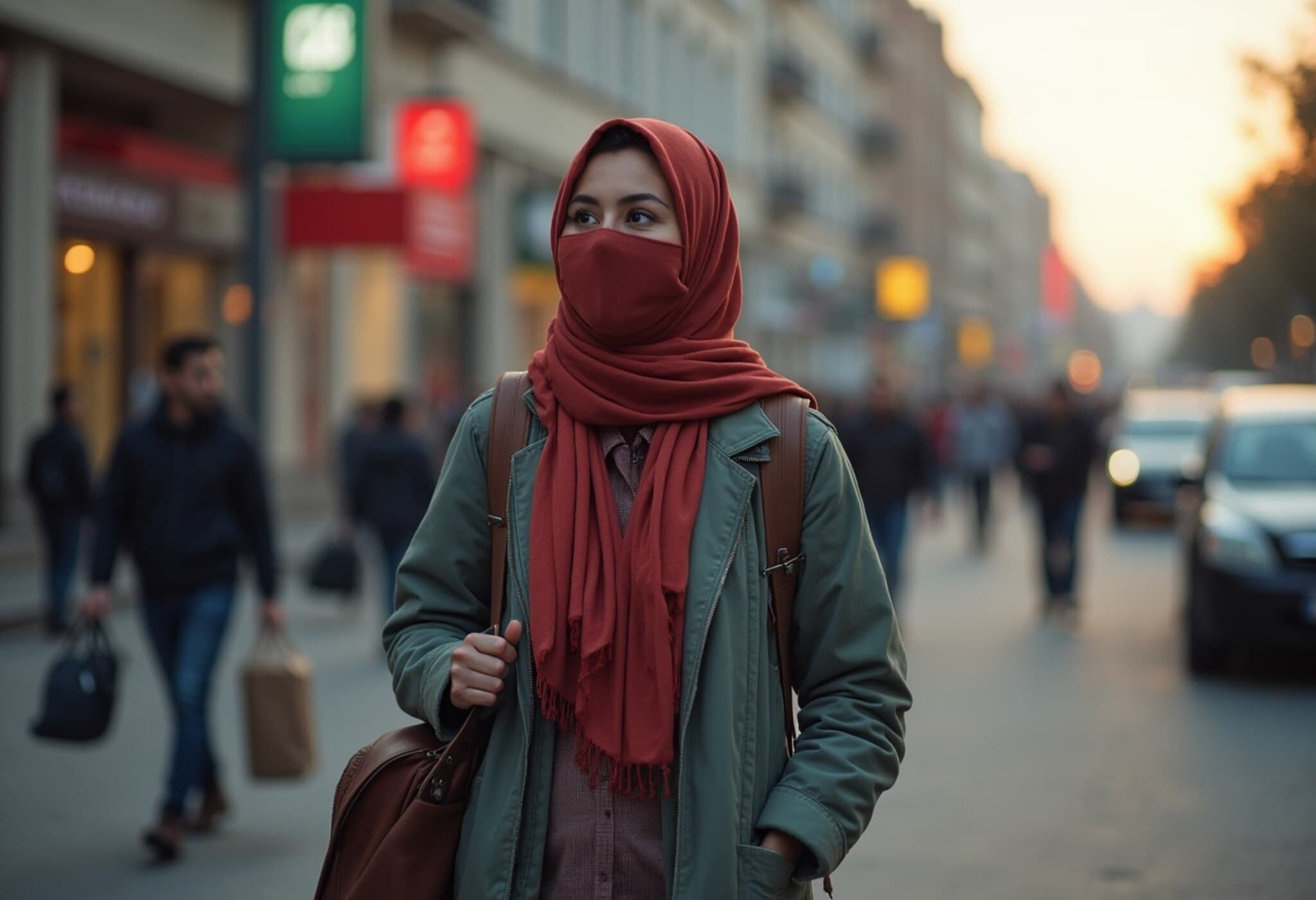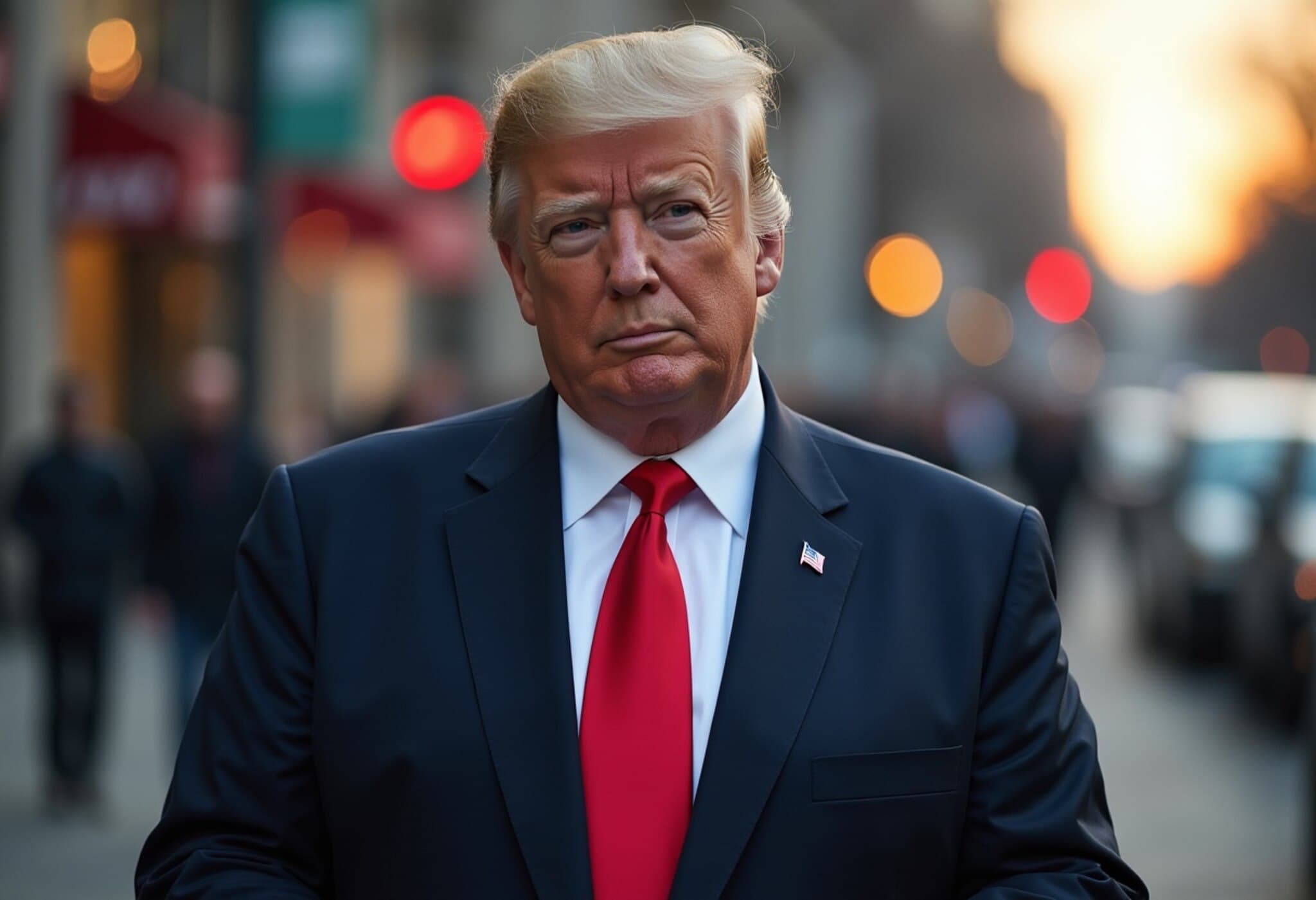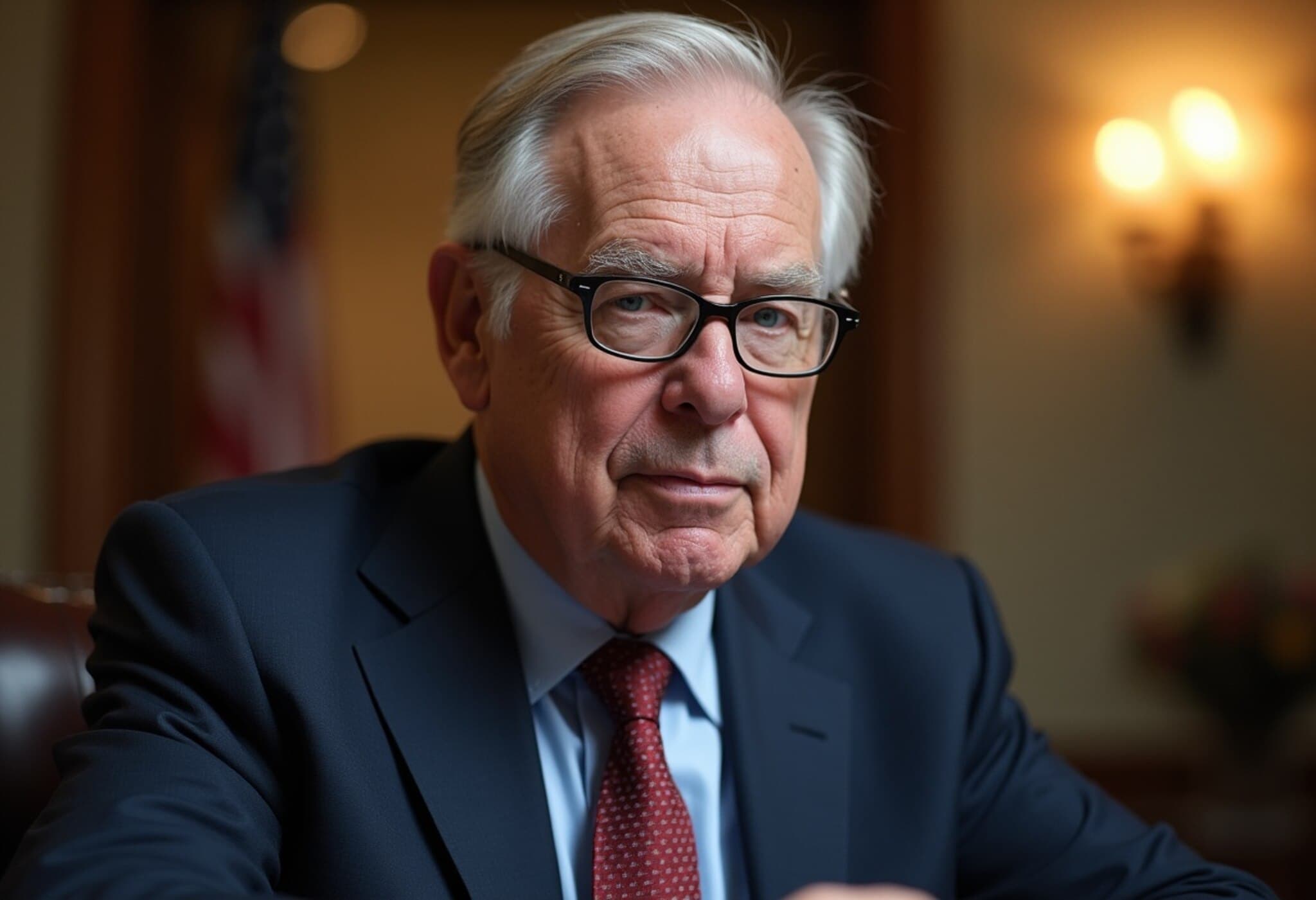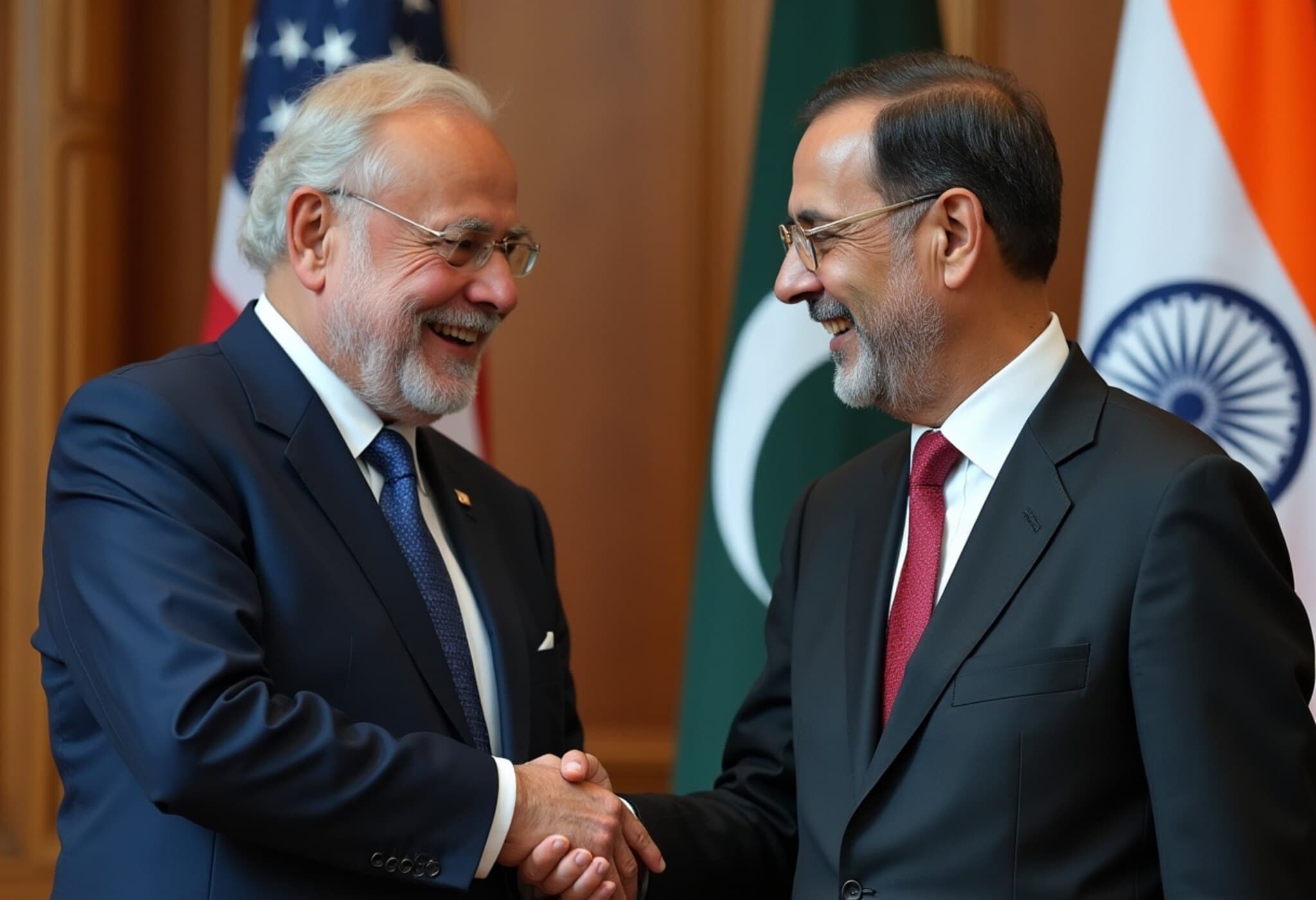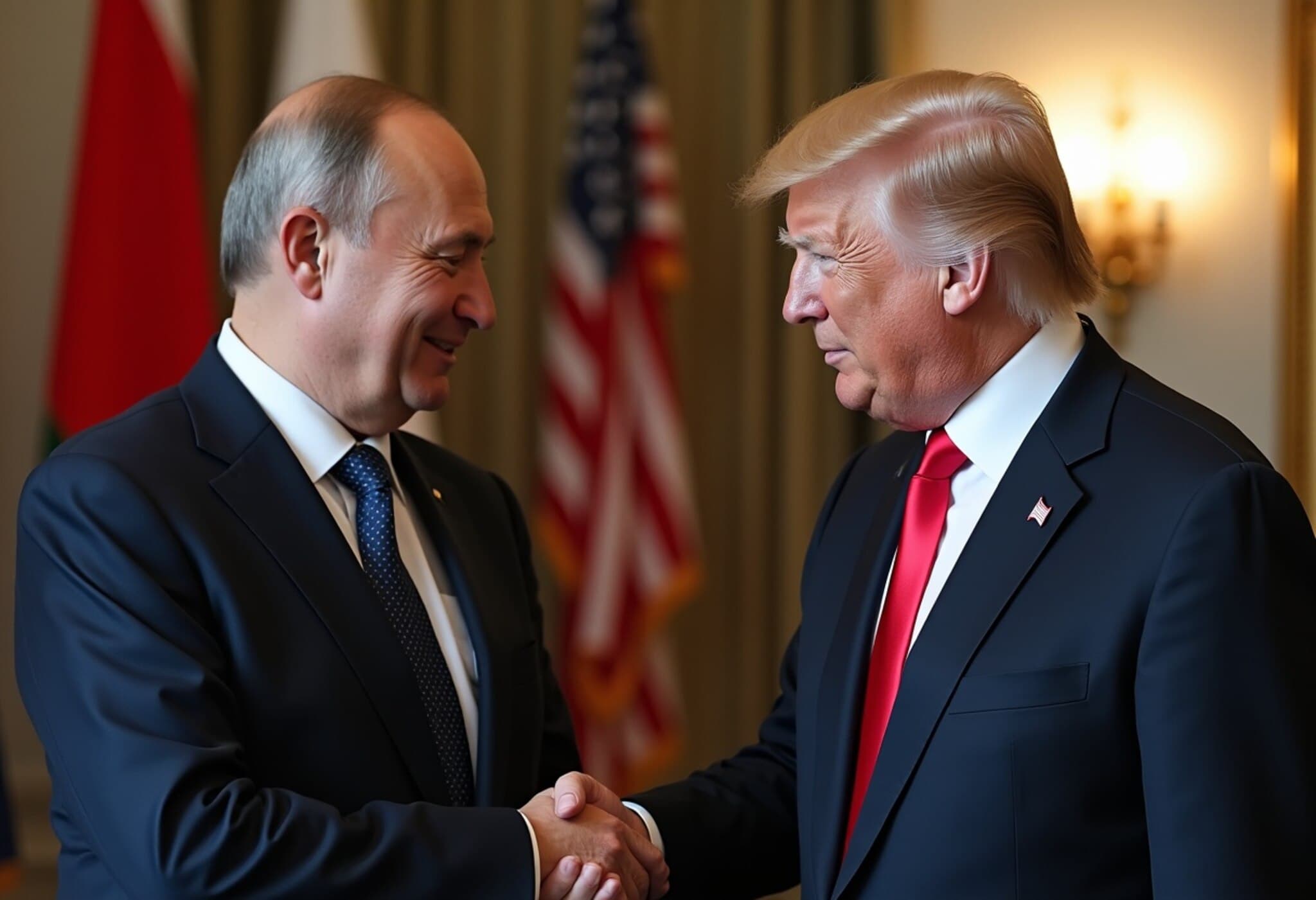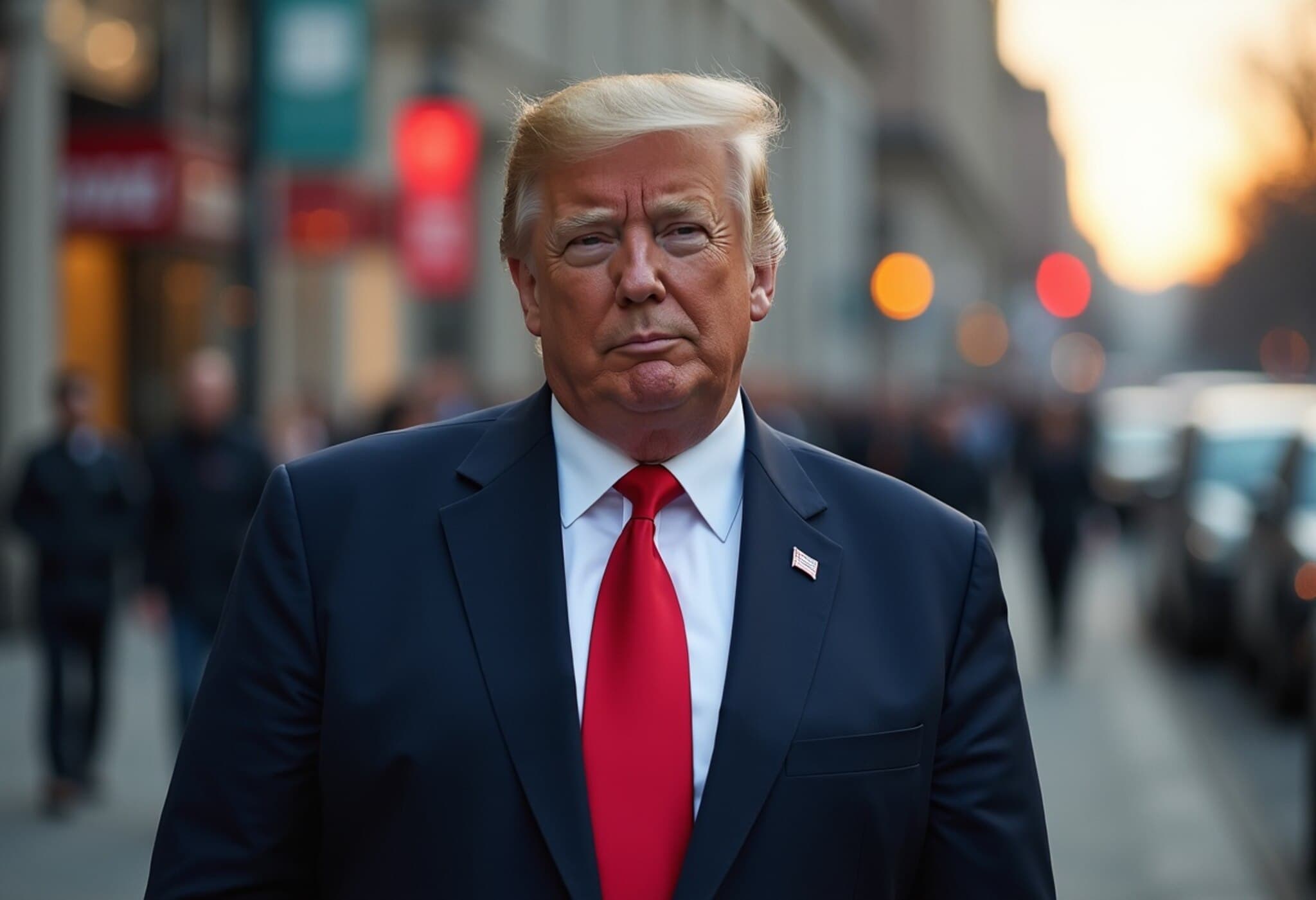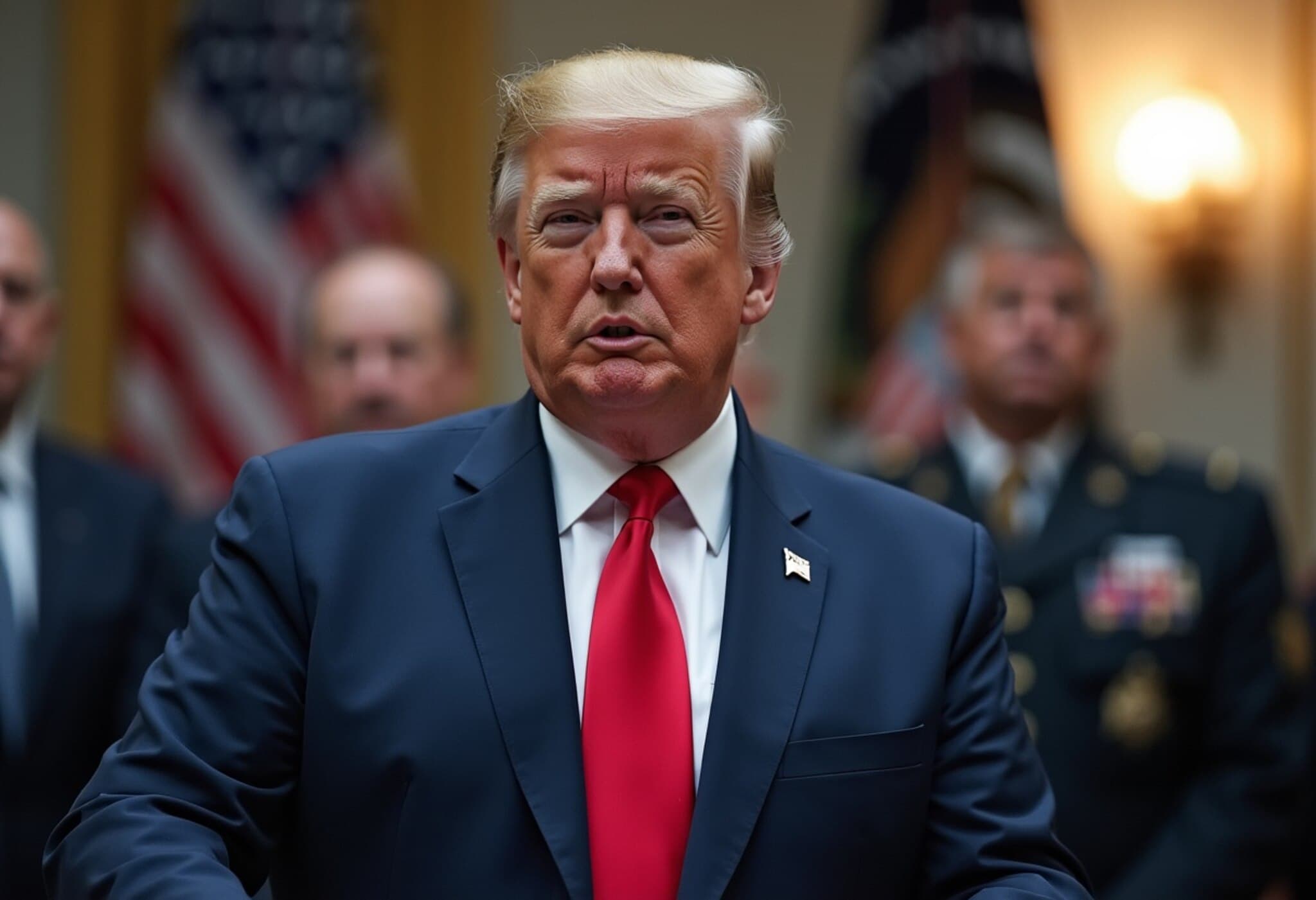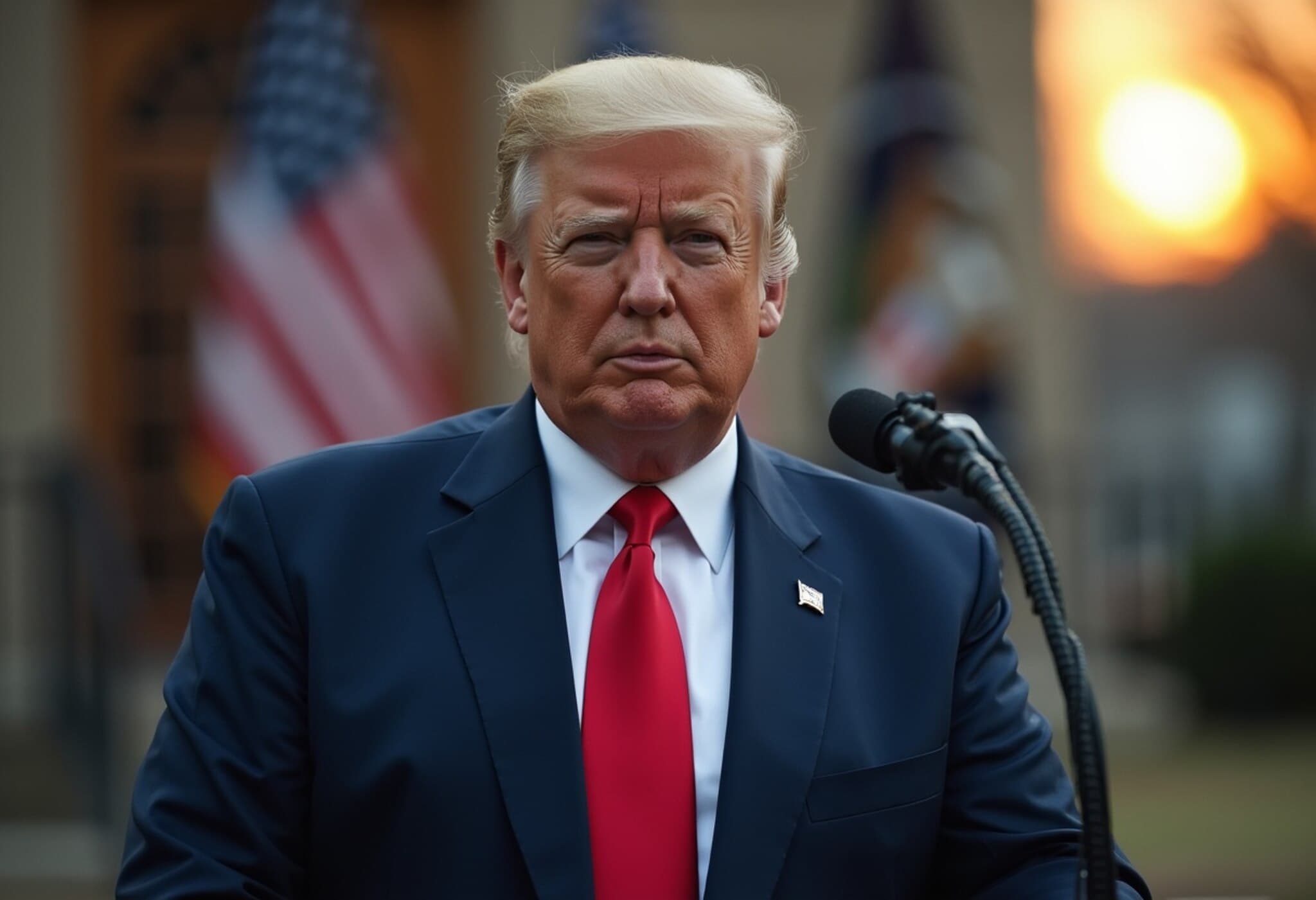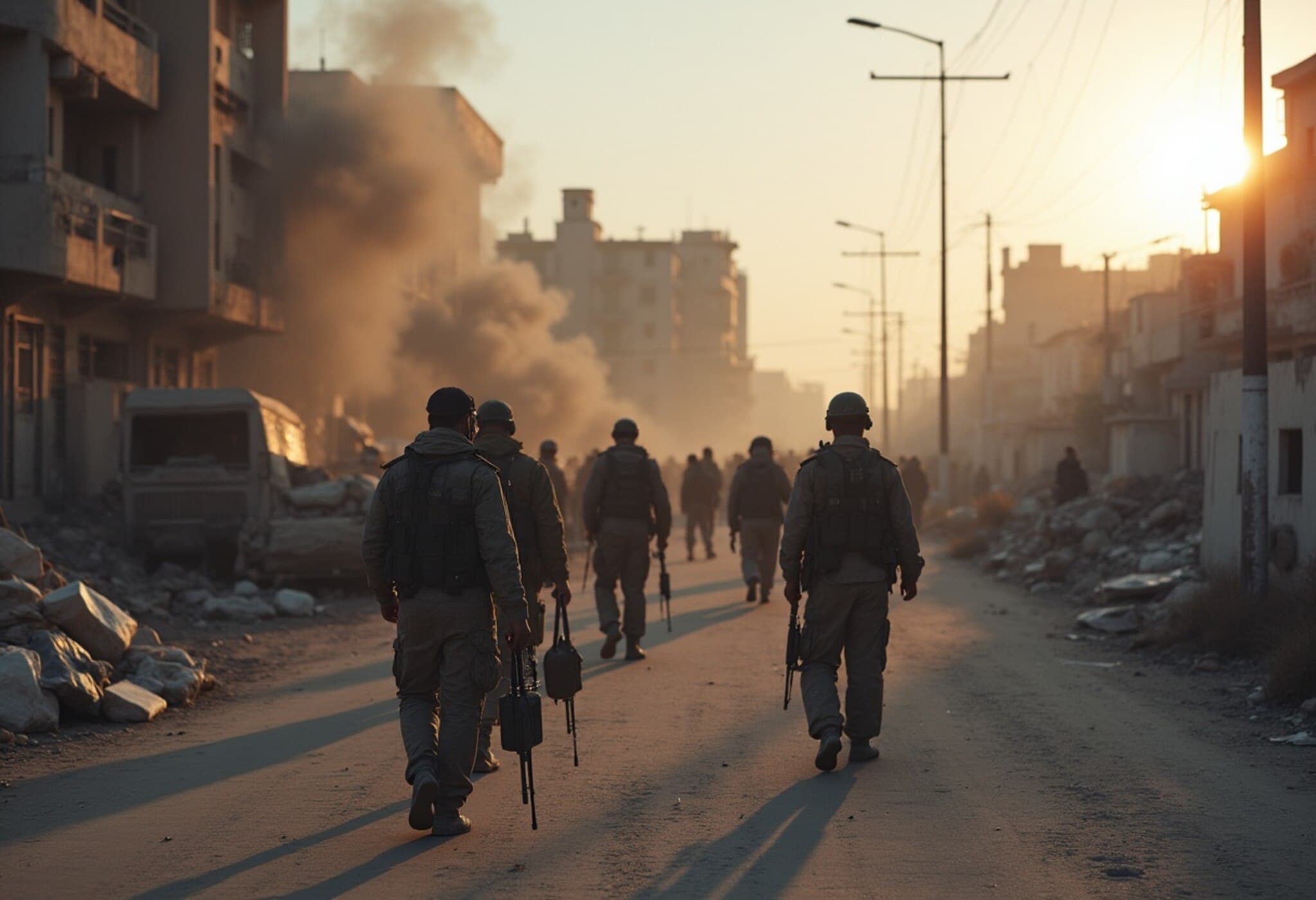US Suspends Visas for Gazans Following Far-Right Backlash on Medical Aid
In a move that has stirred international debate, the United States government announced on August 16, 2025, the suspension of visitor visas for residents of Gaza. This decision came swiftly after far-right influencer Laura Loomer publicly criticized the admission of injured Palestinians for medical treatment in US hospitals.
Laura Loomer, known for her provocative commentary and controversial conspiracy theories, called upon the State Department to halt all visas for Palestinians from Gaza. In her social media statements, she alleged—without presenting proof—that recipients of these visas might be linked to Hamas, the Muslim Brotherhood, or funded by Qatar.
The State Department’s Response
Under Secretary of State Marco Rubio's leadership, the State Department issued a statement on X (formerly Twitter), declaring: “All visitor visas for individuals from Gaza are being stopped while we conduct a full and thorough review of the process and procedures used to issue a small number of temporary medical-humanitarian visas in recent days.” The suspension is a temporary measure amidst growing concerns over the vetting process for humanitarian admissions from Gaza.
Context: Medical Evacuations from Gaza
The controversy centers around a US-based charity, HEAL Palestine, which recently facilitated the transfer of 11 severely injured children from Gaza—accompanied by their caregivers and siblings—to receive critical medical care in American hospitals. The charity described this effort as the largest single medical evacuation of injured children from Gaza to the US, highlighting the acute humanitarian crisis impacting Gaza amid ongoing conflicts.
These evacuations come in a context where medical infrastructure in Gaza is under immense strain, raising urgent questions about the role of international aid and how geopolitical tensions influence humanitarian access.
Expert Perspective: Navigating Humanitarian Aid Amid Political Strife
From a policy standpoint, this visa suspension underscores the intricate balancing act governments face between national security concerns and humanitarian obligations.
- Security vs. Compassion: While screening individuals from conflict zones is critical for national security, blanket visa suspensions risk penalizing innocent patients and families desperate for lifesaving treatments.
- Impact on US Foreign Policy: The US stance on Gaza has long been a flashpoint in Middle East diplomacy. Decisions like this reverberate through diplomatic channels, affecting America's image as a humanitarian actor and potentially complicating peace efforts.
- Role of Advocacy Groups: NGOs and charities often operate in politically charged environments. Their work is vital but vulnerable to politicization, which can lead to obstructed aid or backlash against vulnerable populations.
Underreported Angles and Critical Questions
While the public focus gravitates towards political accusations, the human stories behind these visa suspensions are often overlooked:
- What happens to the patients left behind? Many injured Gazans rely on such evacuations for survival.
- How thorough are the vetting procedures for humanitarian visas? Transparency in these processes could build public trust and prevent politicization.
- Could this suspension set a precedent? If humanitarian visas become politicized, it may hamper future aid efforts in conflict zones globally.
Conclusion
The US decision to pause visa issuance for Gazans sheds light on the complex intersection of humanitarian aid, national security, and political influence from vocal social media figures. It raises poignant questions about who gets to define the boundaries of compassion and security. As this review unfolds, observers and policymakers alike will be watching closely to see how the US balances these difficult priorities.
Editor’s Note
This development spotlights the fragile nature of humanitarian corridors amid geopolitical tension. Readers should consider the broader implications: How can democracies uphold compassionate aid without compromising security? What responsibility does social media influence bear in shaping such policies? Ultimately, this story challenges us to reflect on the human cost of political polarization and the essential role of informed, empathetic policymaking.

